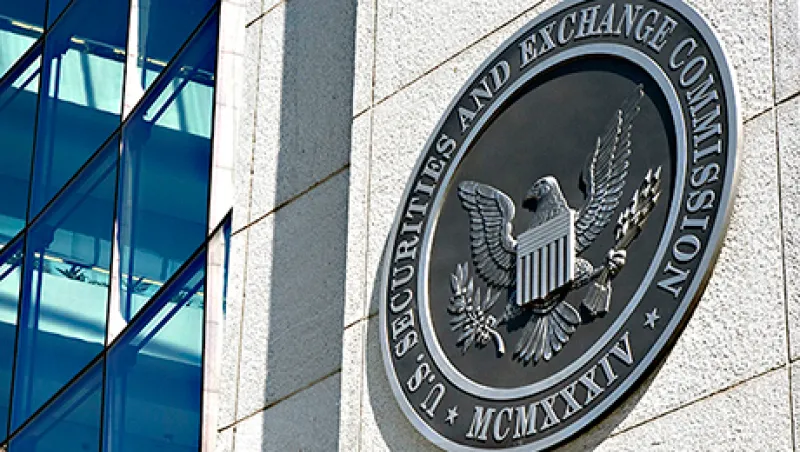
Financial Firms Can’t Ignore the Foreign Corrupt Practices Act
As the recent SEC action against BNY Mellon shows, banks and asset managers must look closely at their business to ensure FCPA compliance.
Bailey McCann
September 4, 2015


